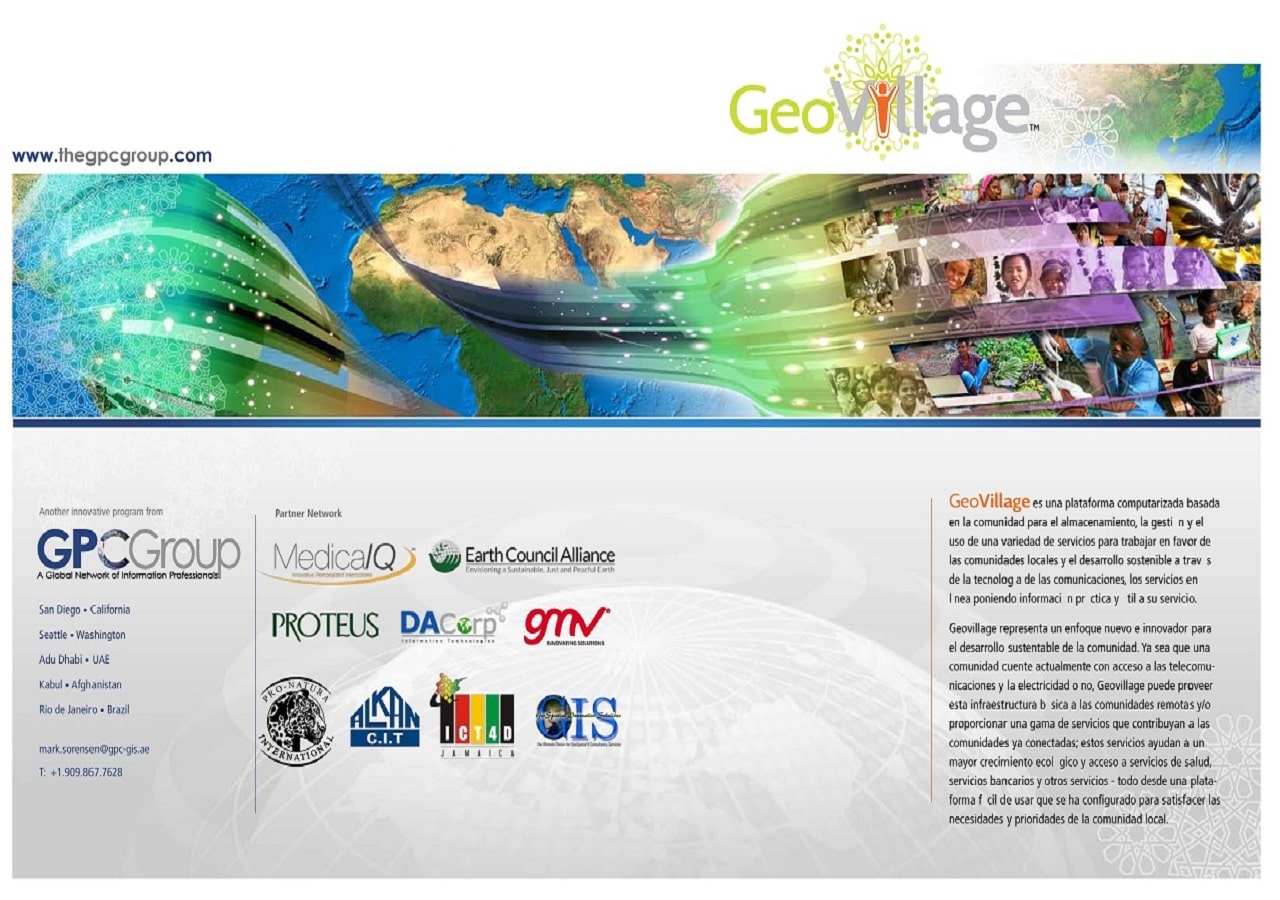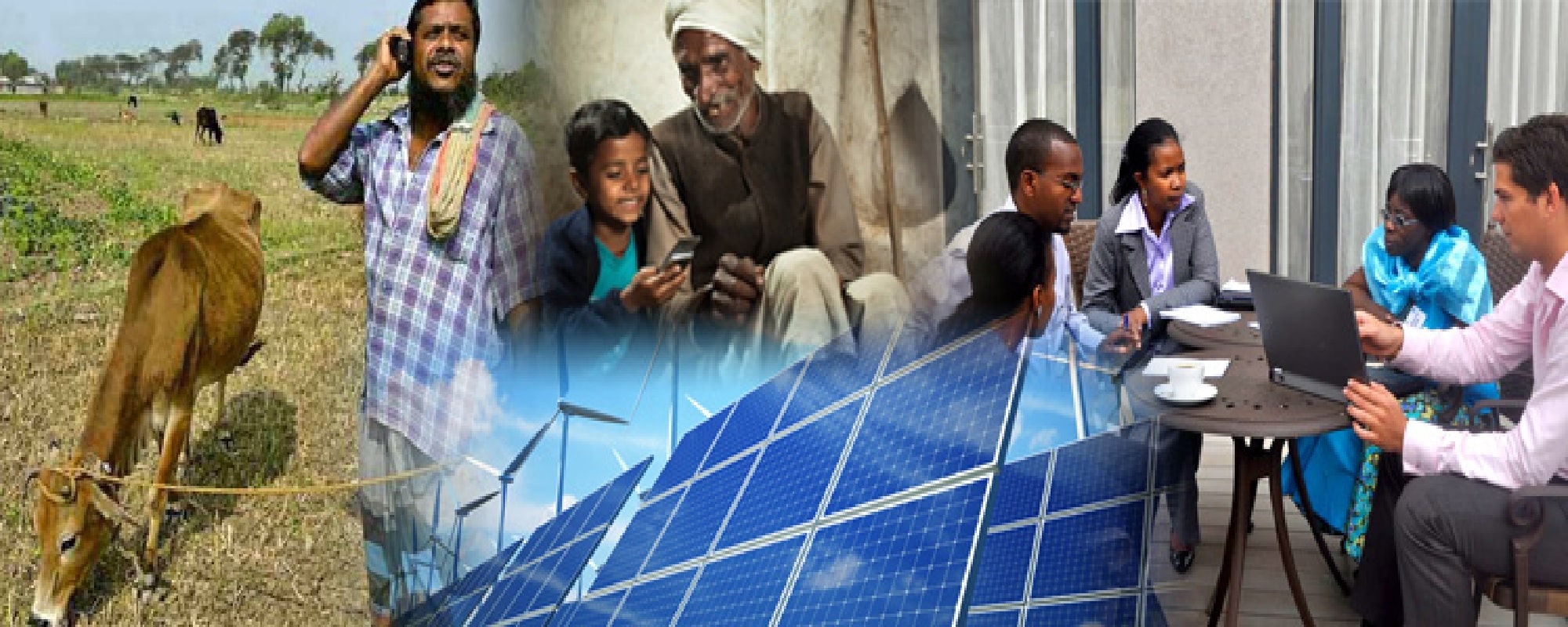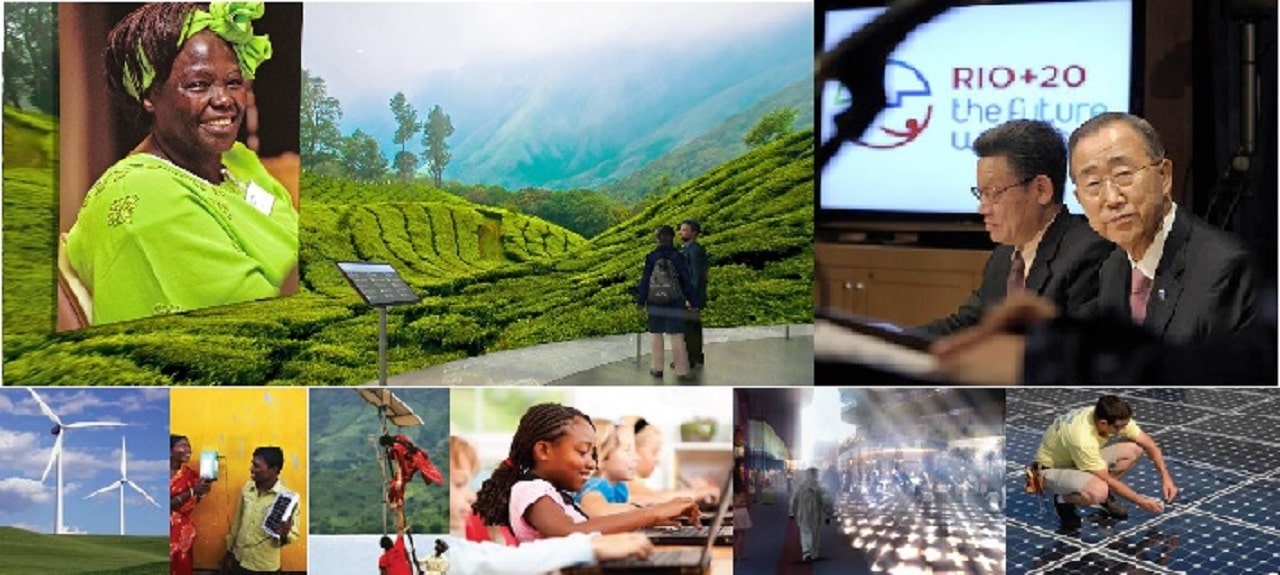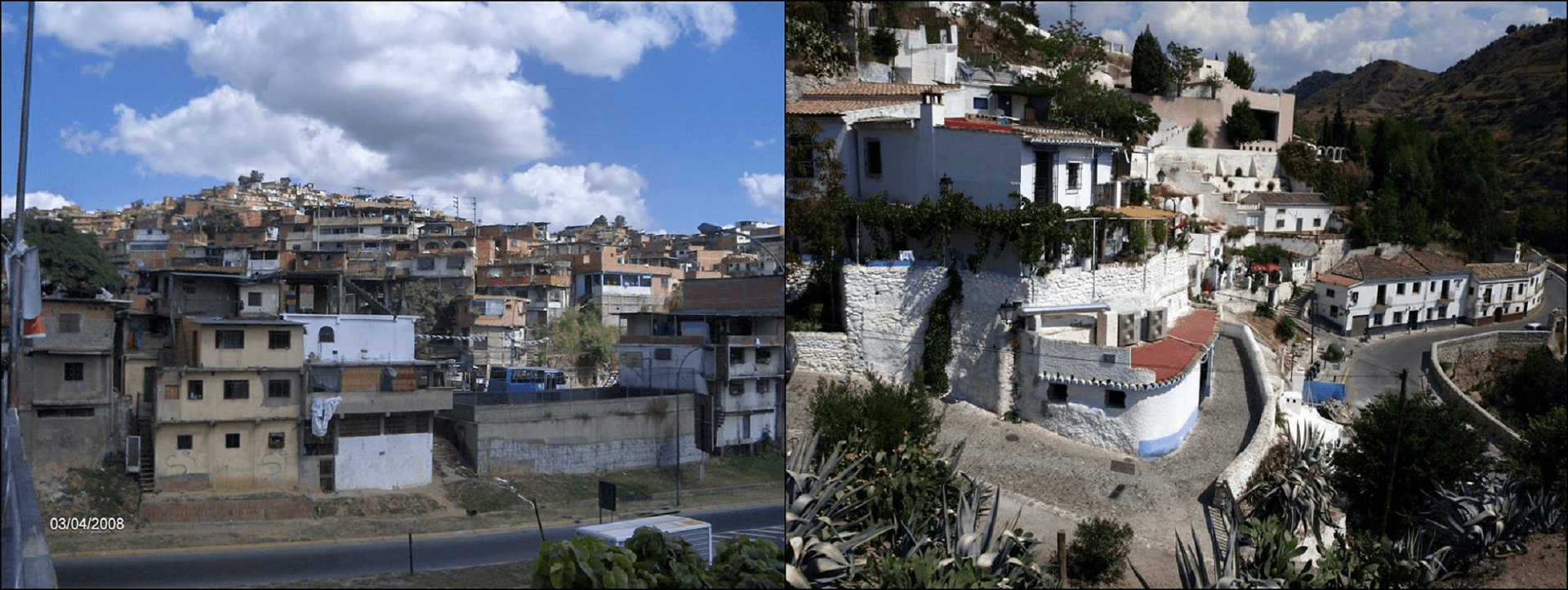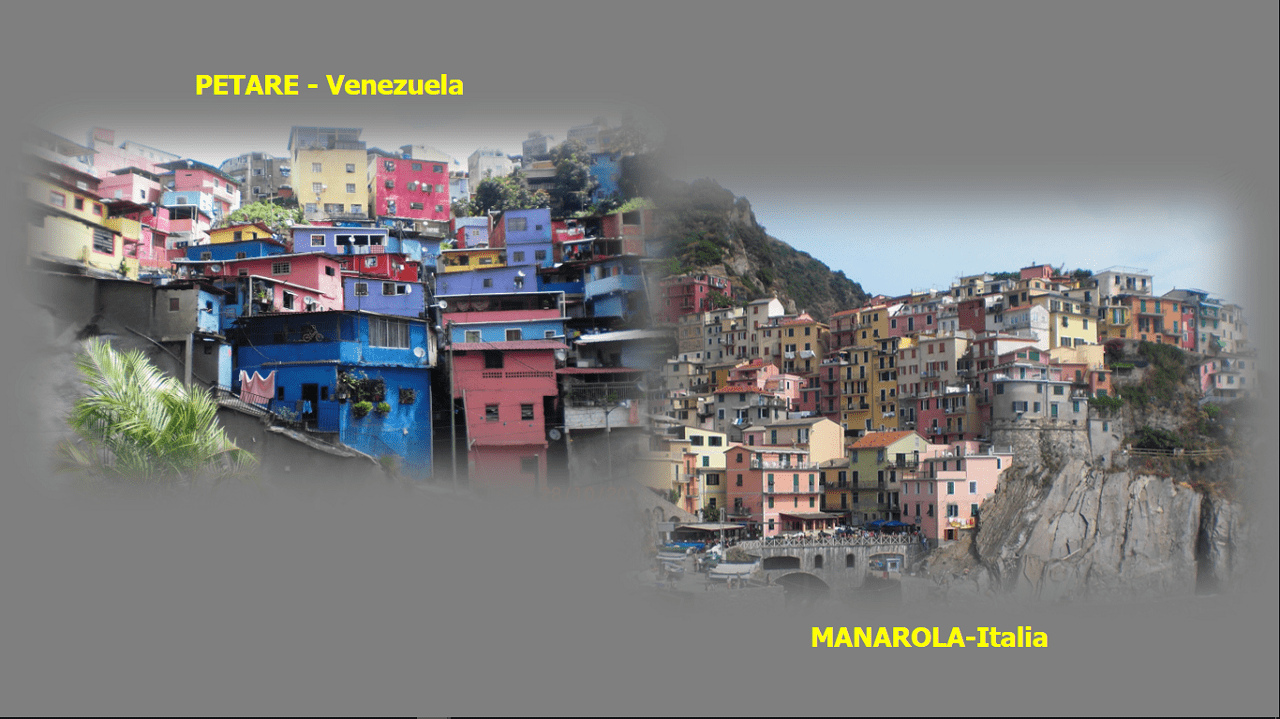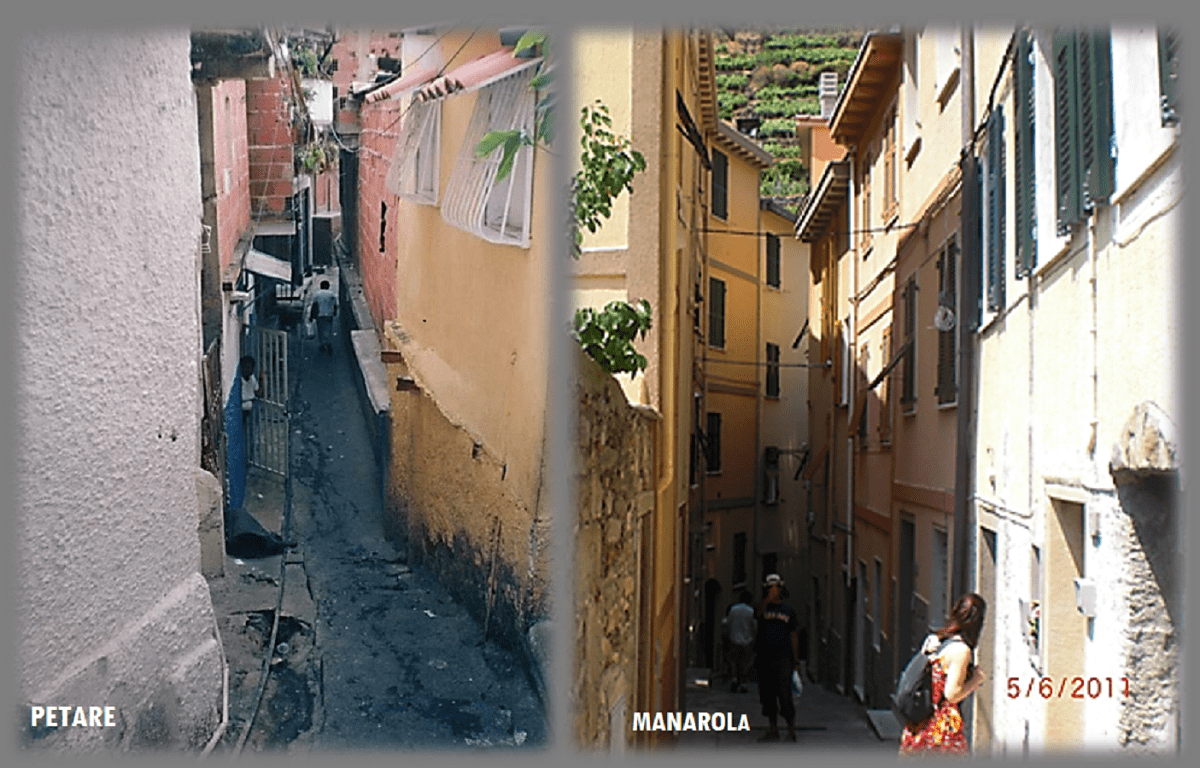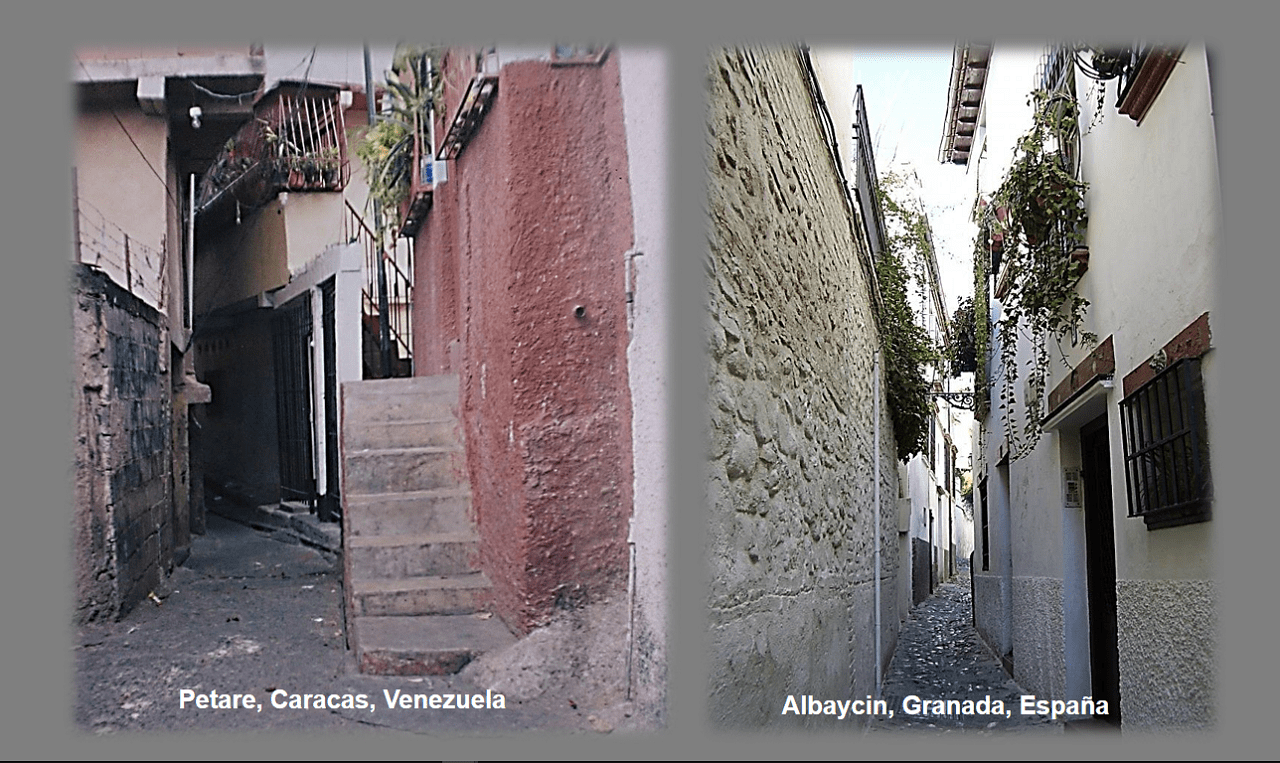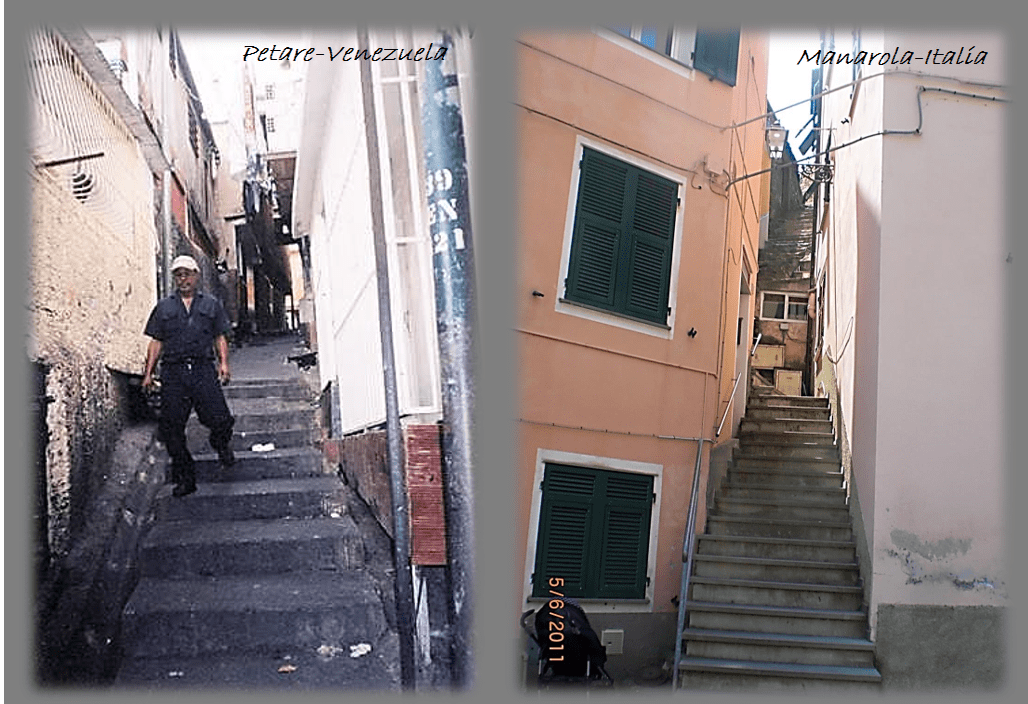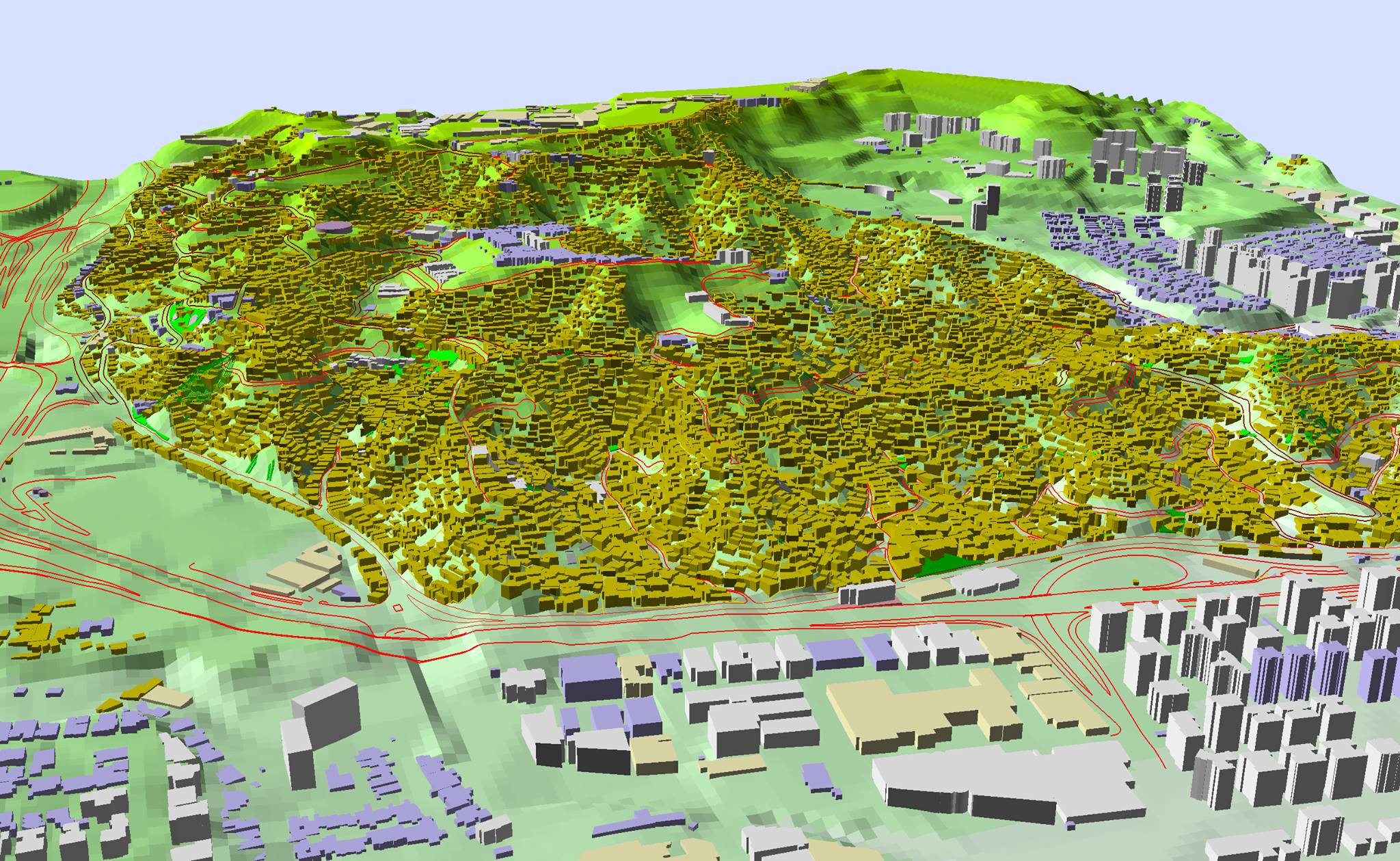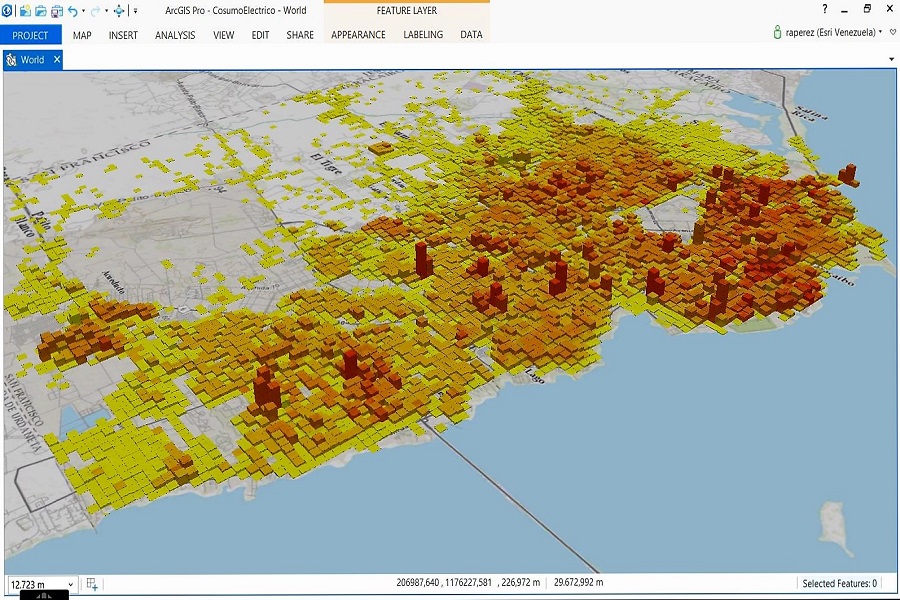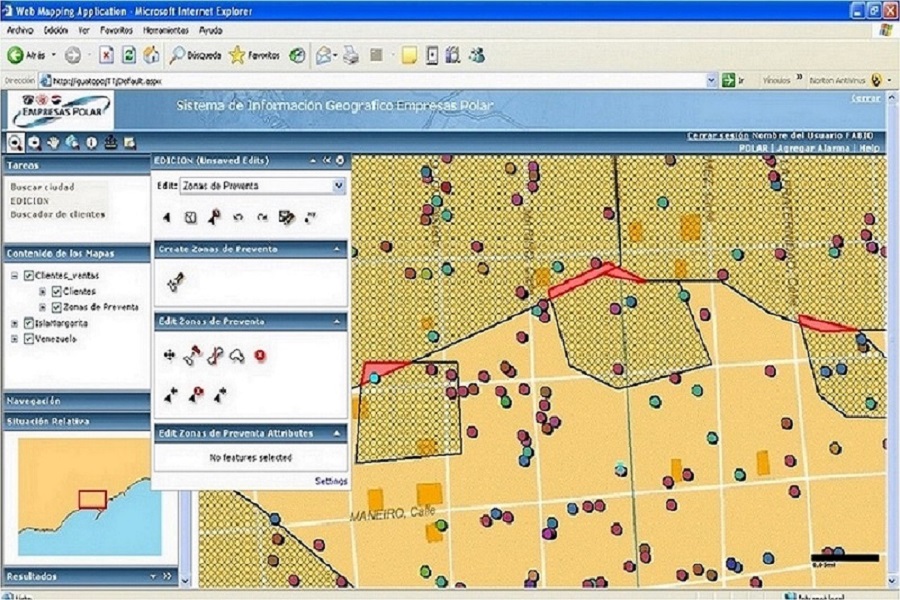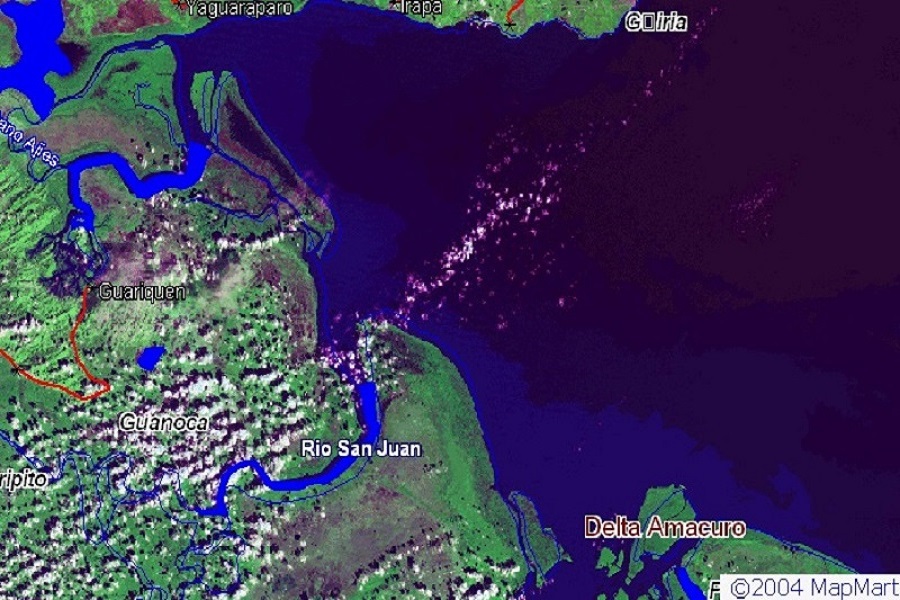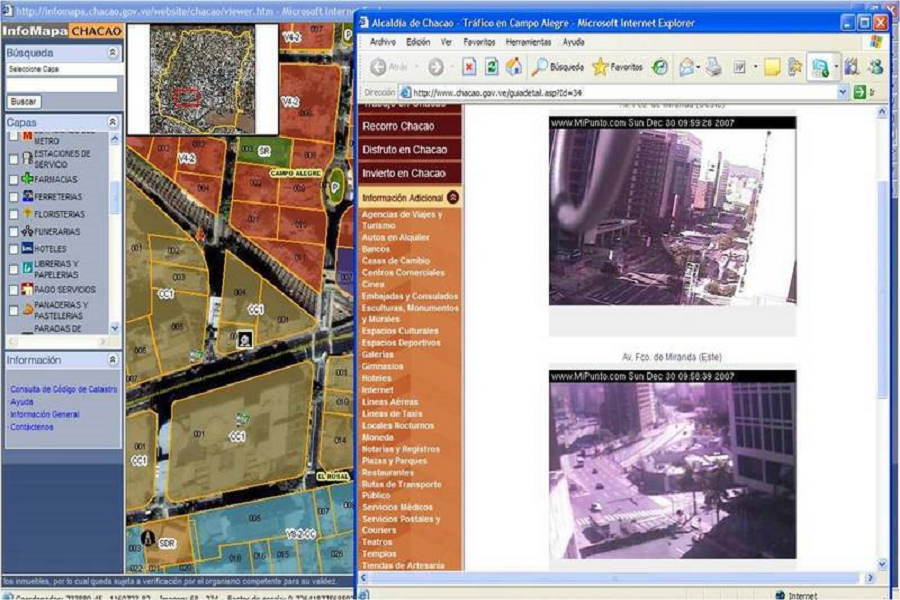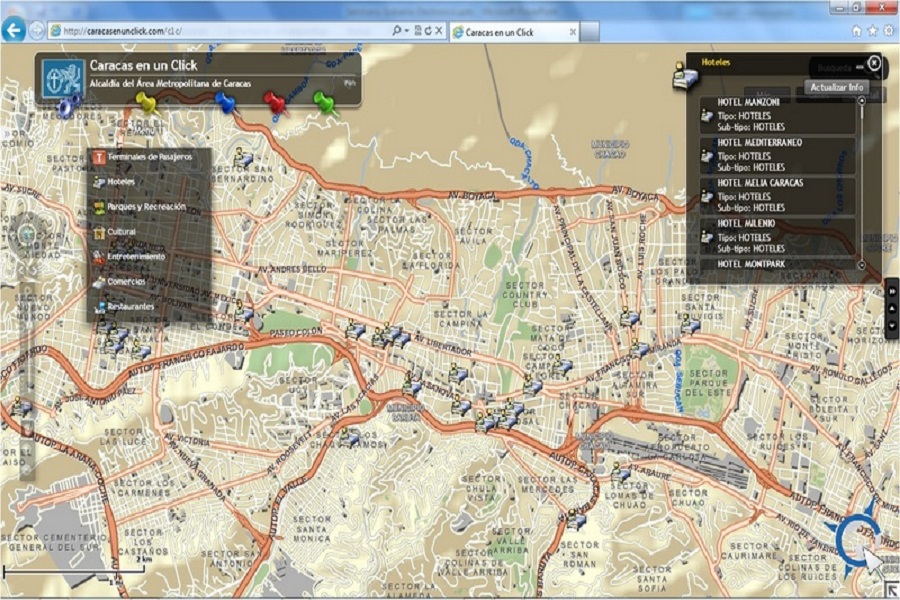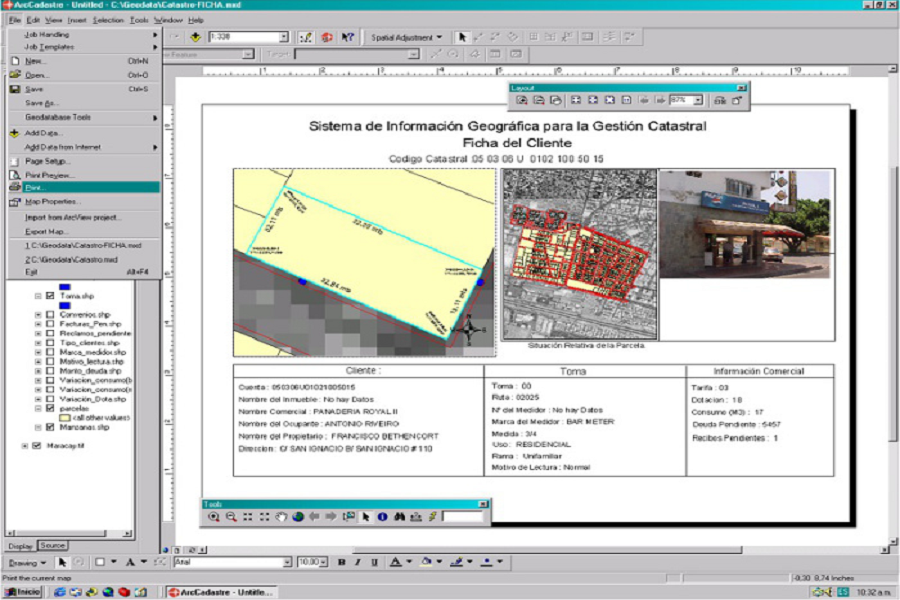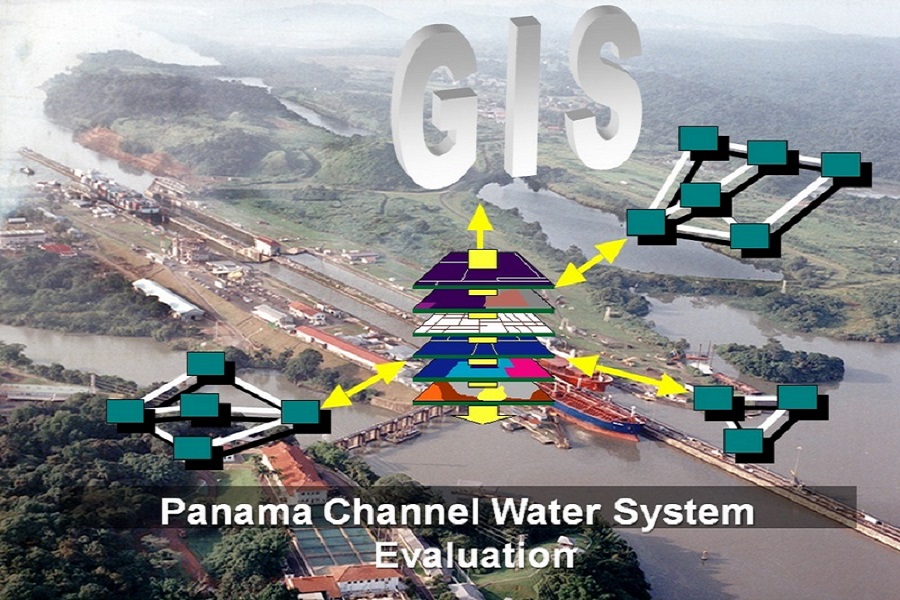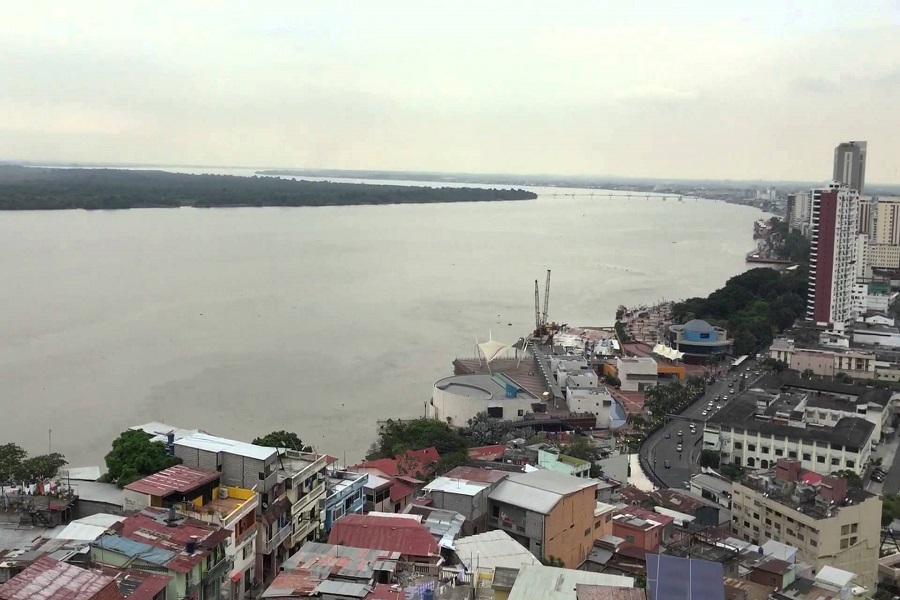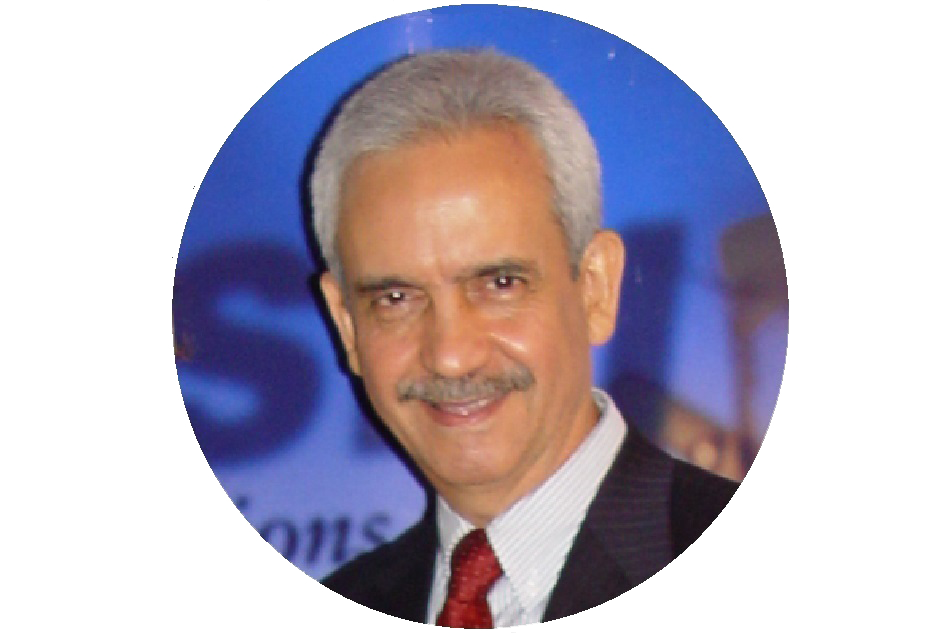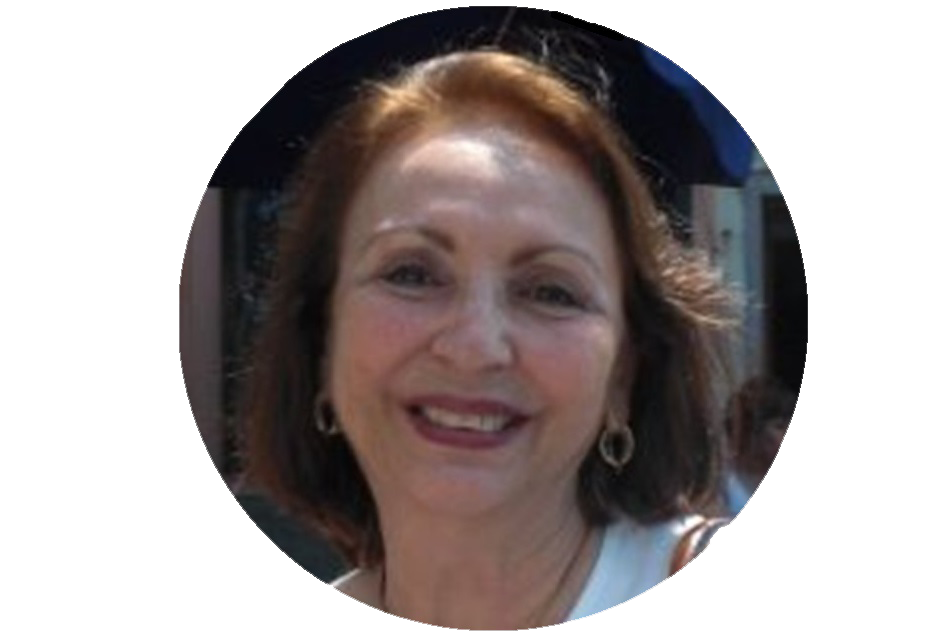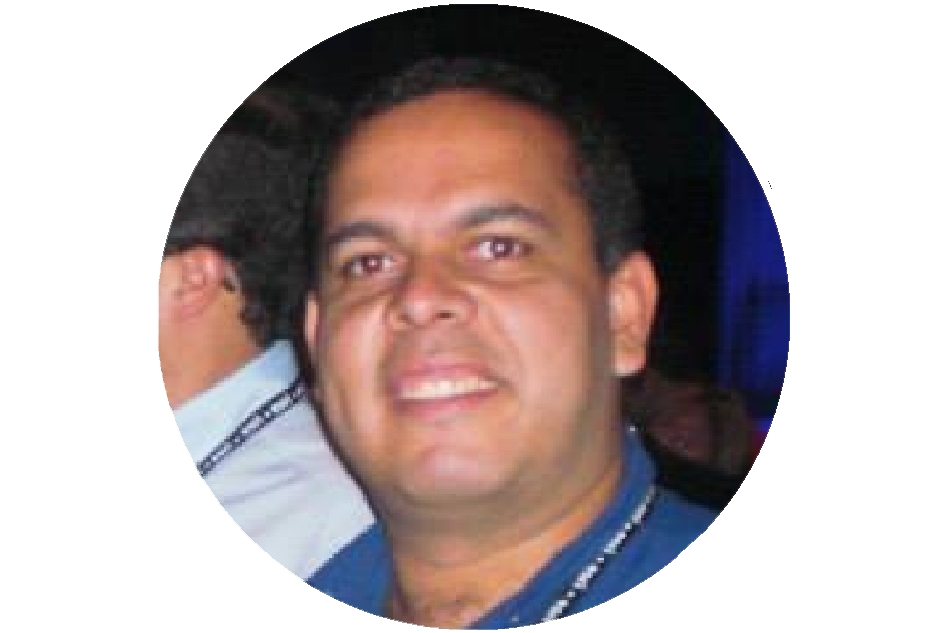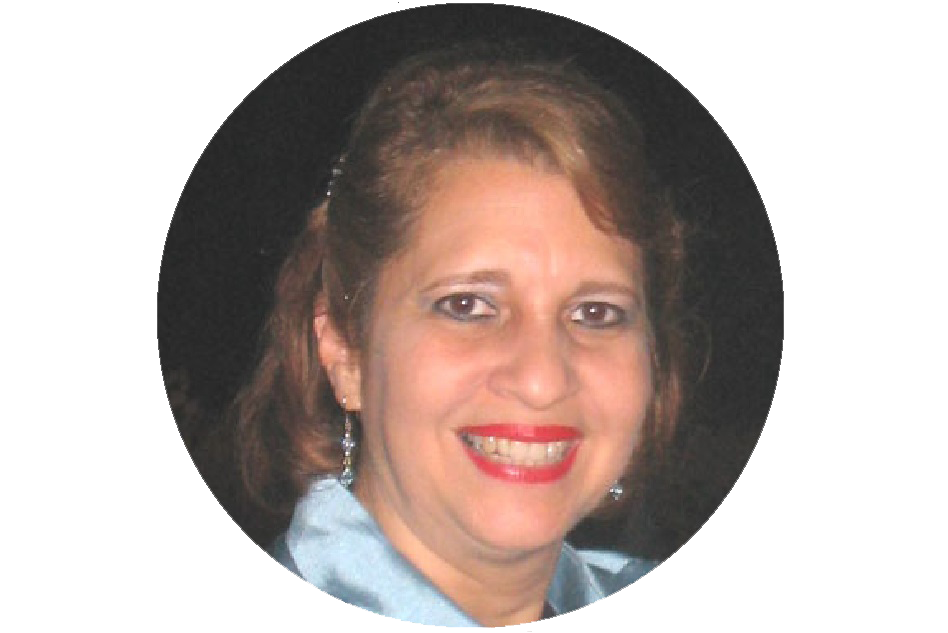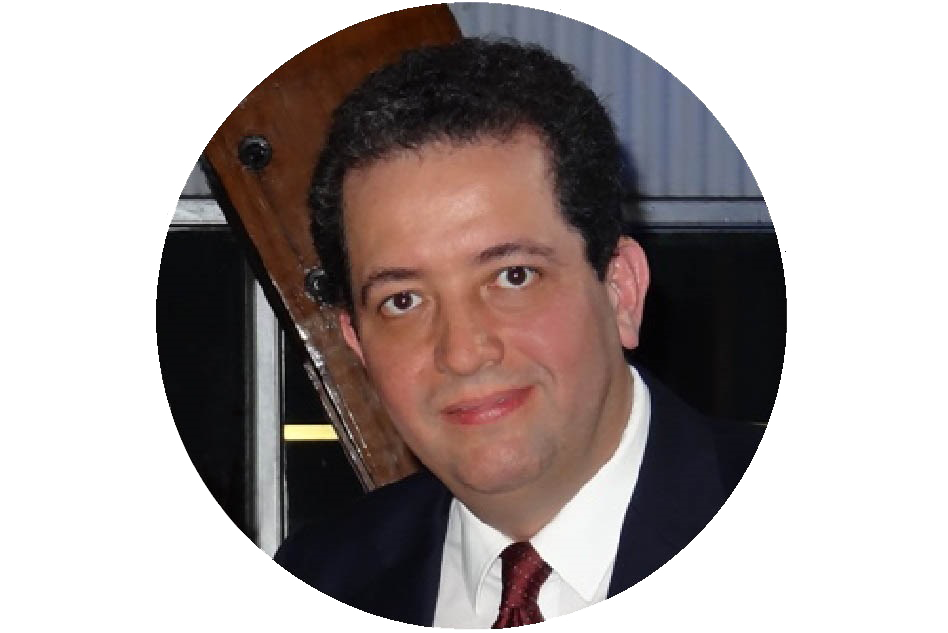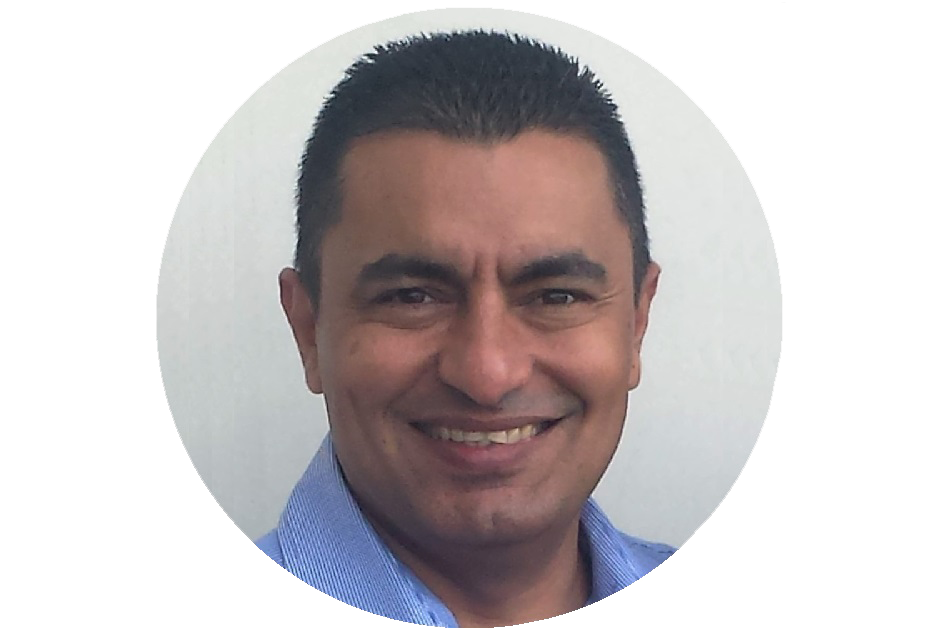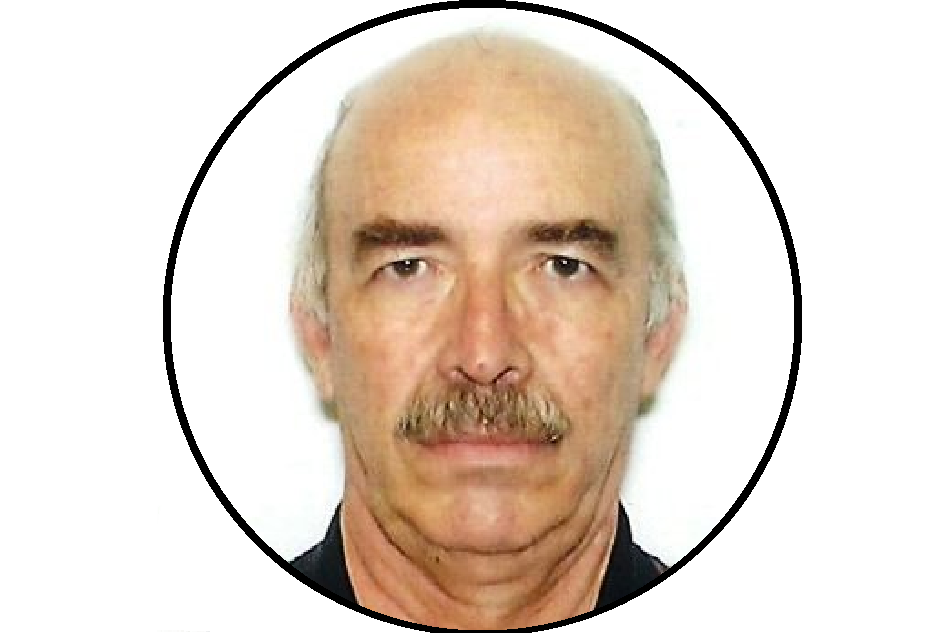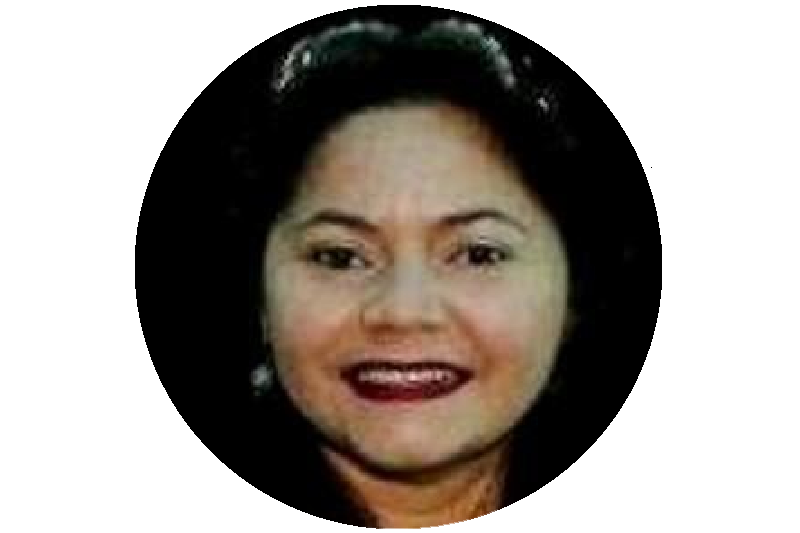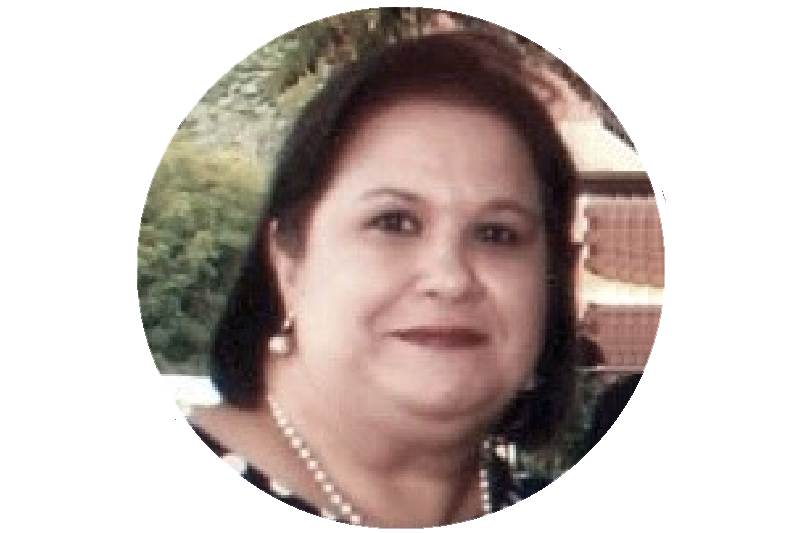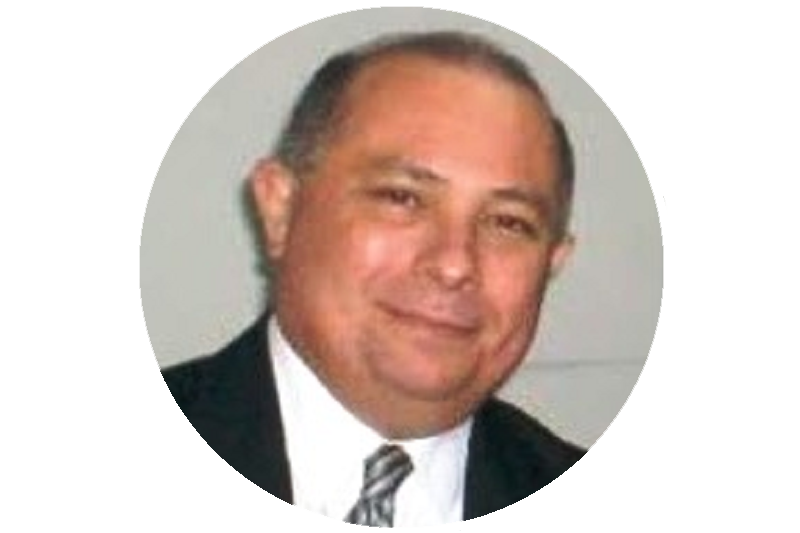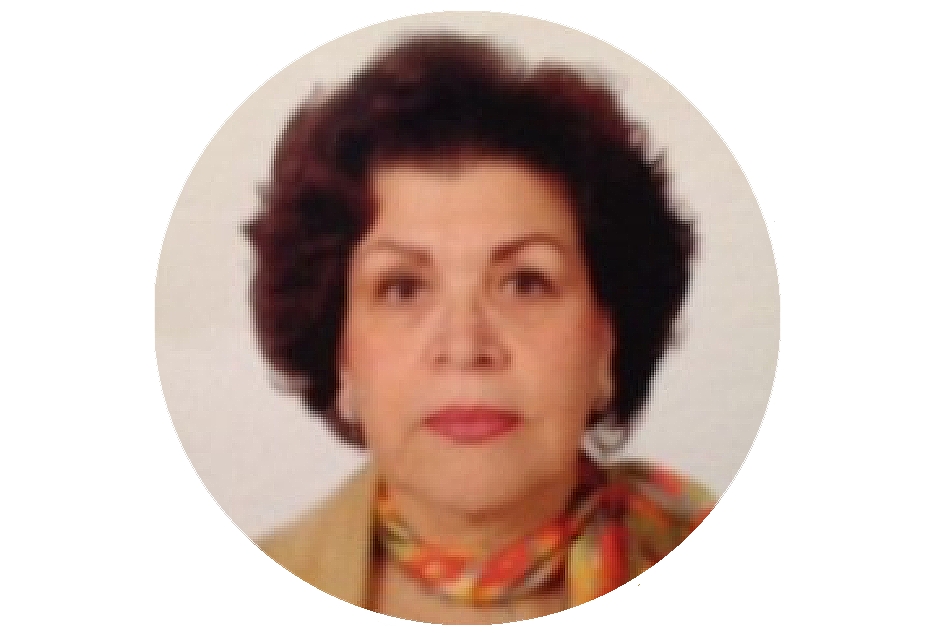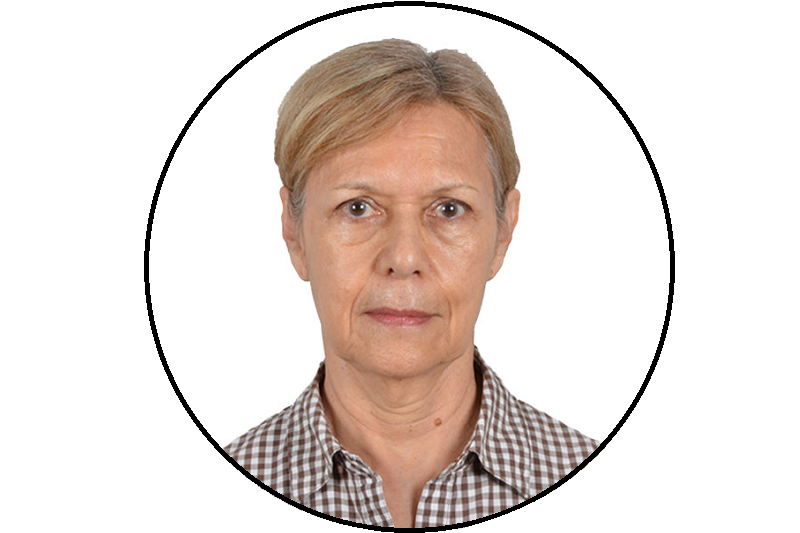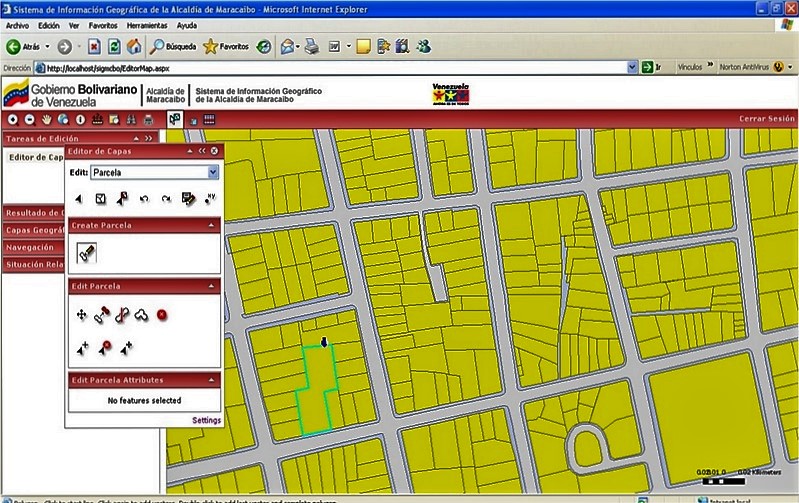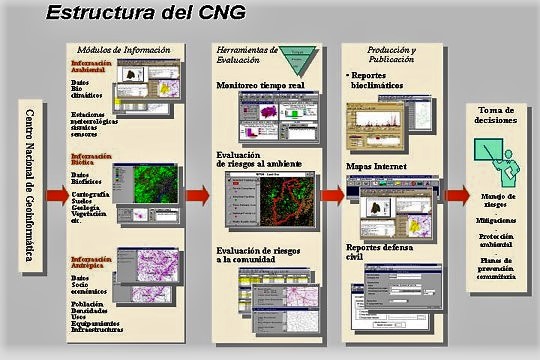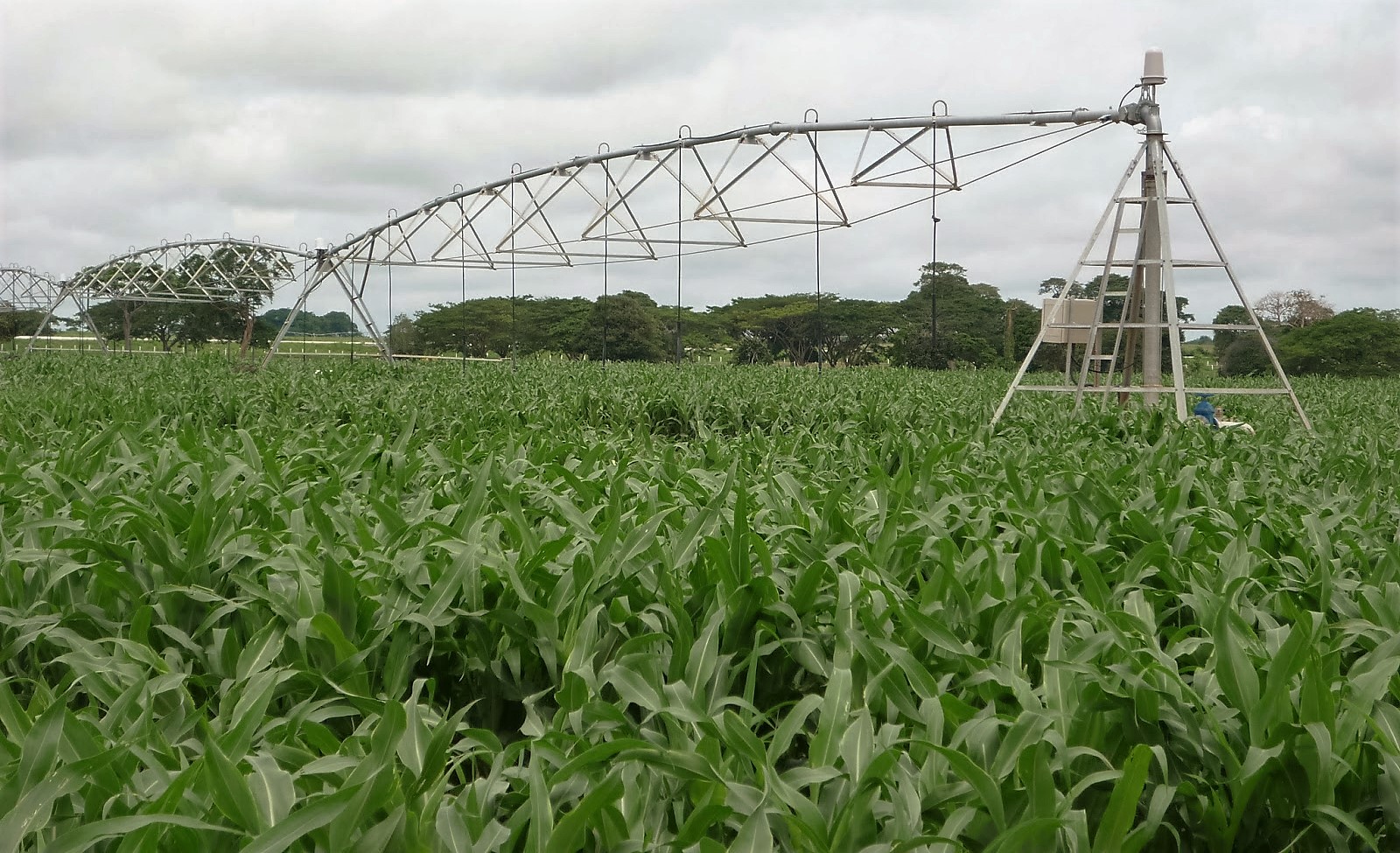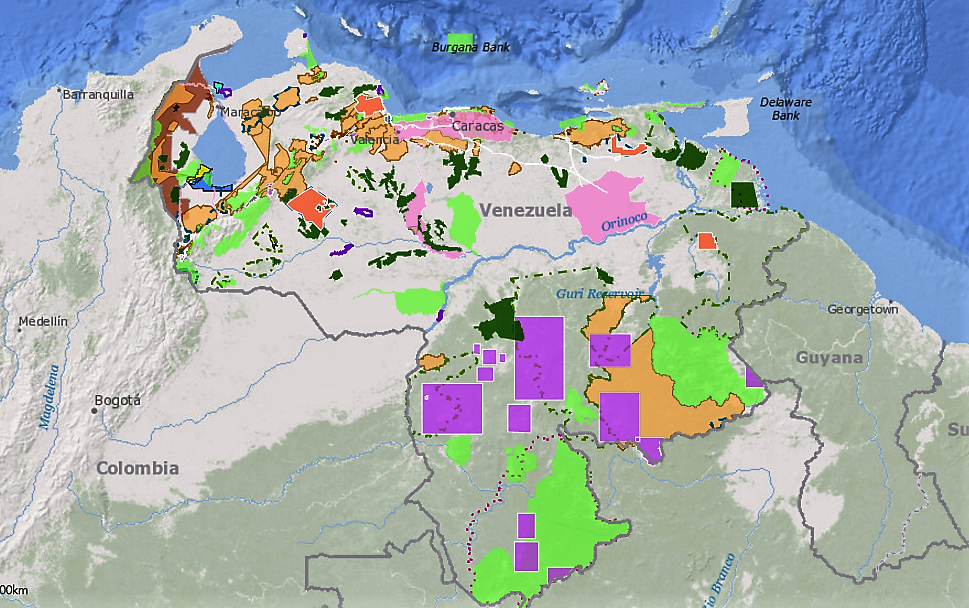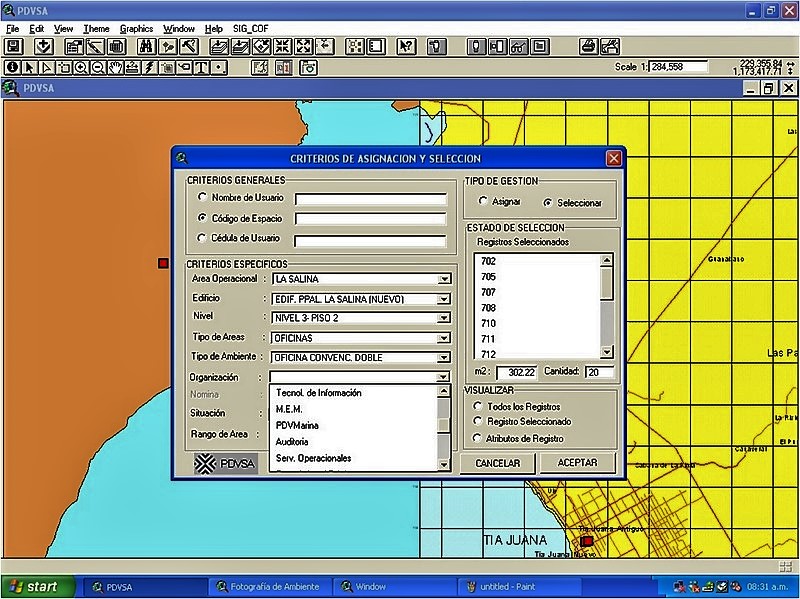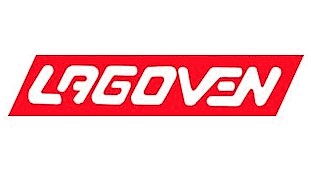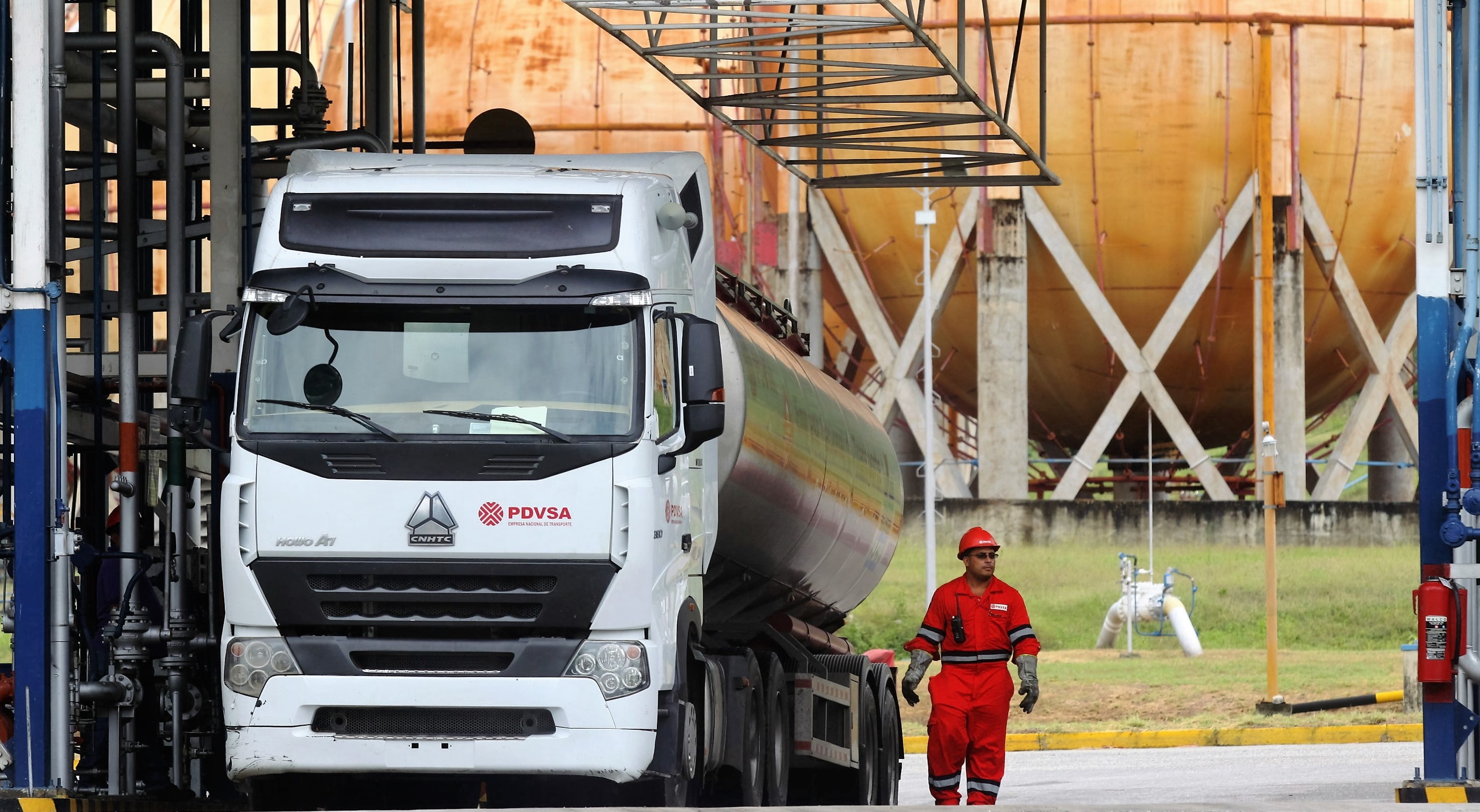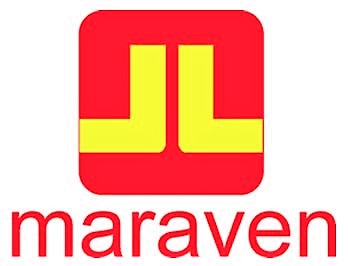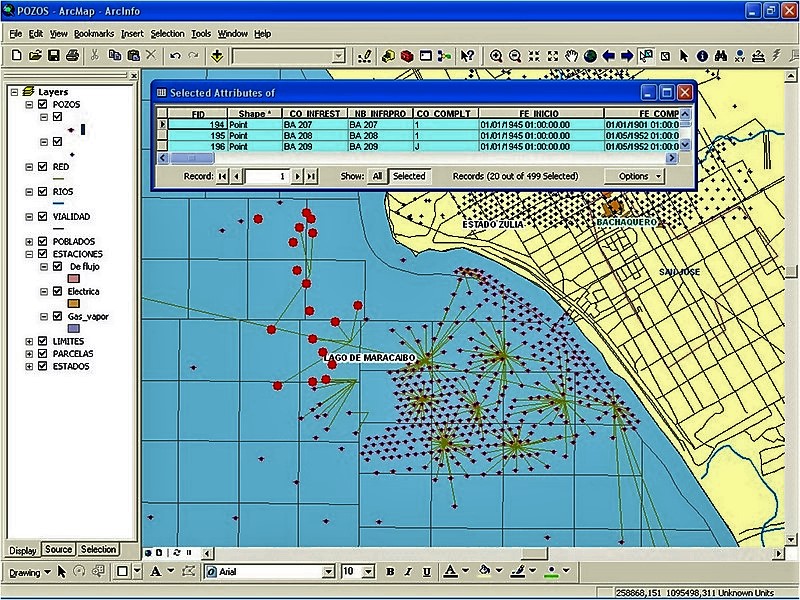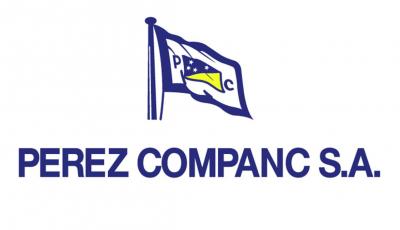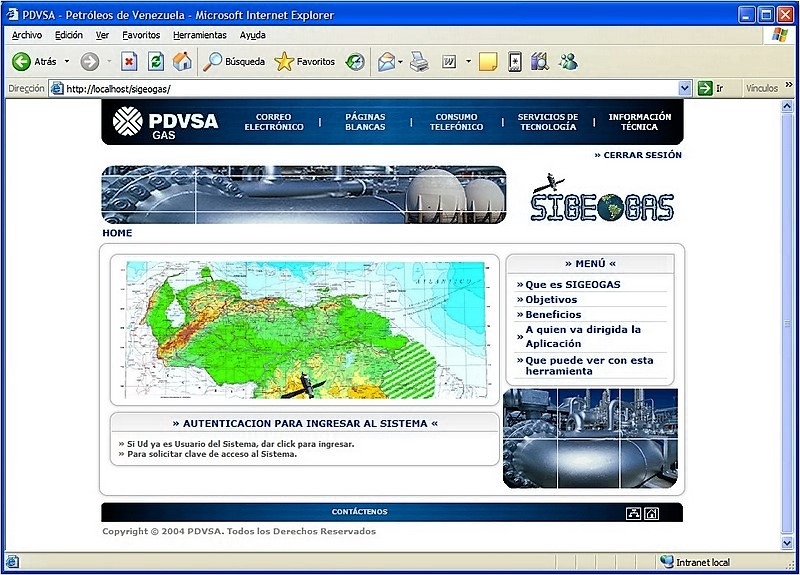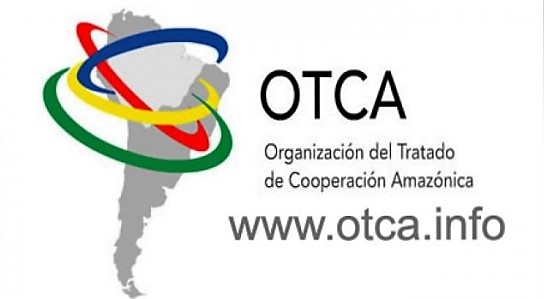Services
Learn about Planning efforts and GIS Projects developed by members of the GDS Latam Group for Improving Urban Shelters at Poor Urban Environments and developing new concepts for Sustainable and better Quality of Life at isolated Rural Villages.
GEOVILLAGE
is a community-based computerized platform for storing, managing and using a variety of services that put practical and useful information, communications technology and online services to work on behalf of local communities and sustainable development.
GeoVillage represents a new and innovative approach to sustainable community development. Whether a community currently has telecommunications and access to reliable electricity.
GeoVillage can supply this foundation infrastructure to remote communities, and/or provide a range of services that contribute to connected communities, growing and green economic opportunities, and convenient access to health, banking and other services - all from within an easy to use platform that is configured to address local community needs and priorities.
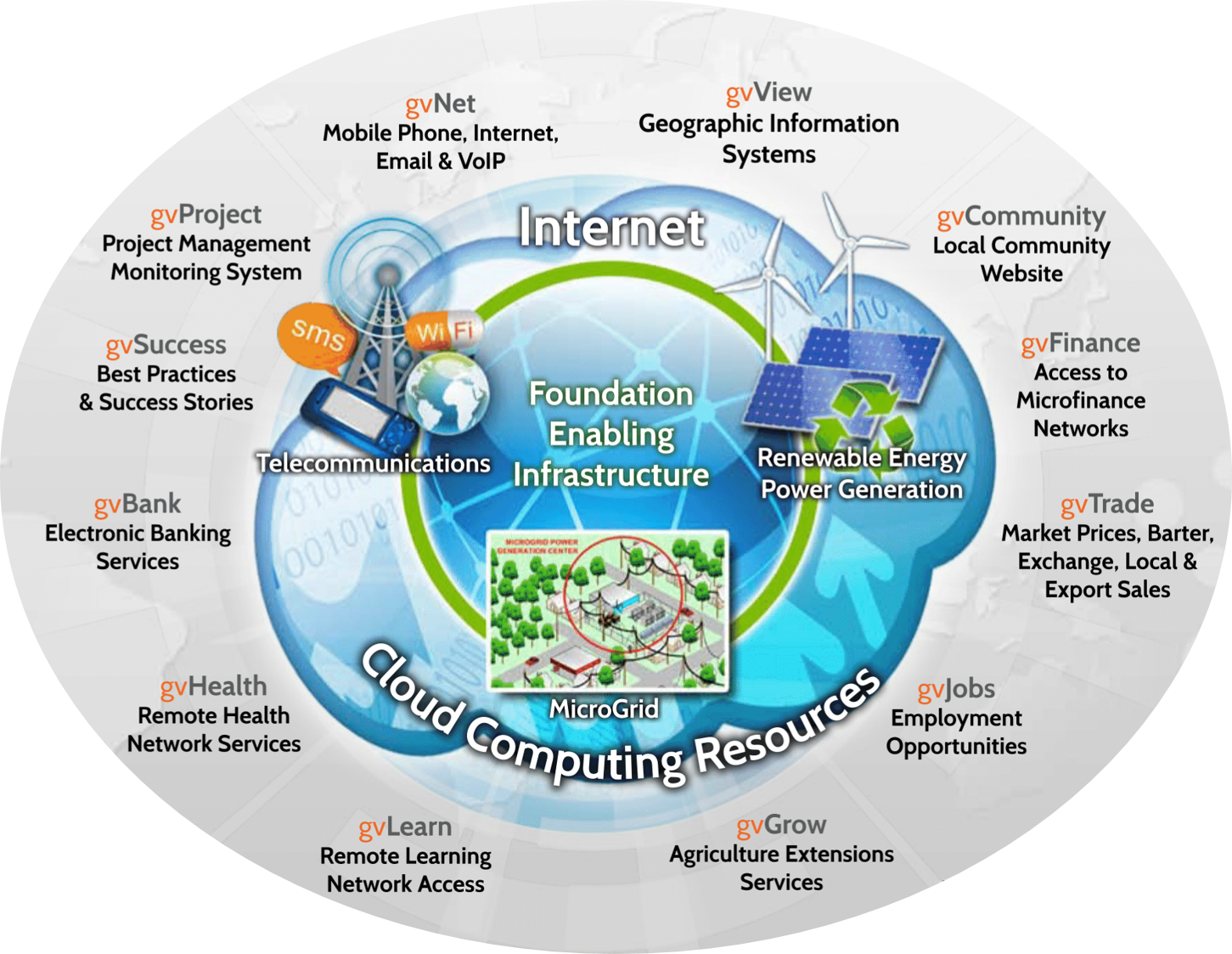
Advances in recent years in mobile telecommunications, low-cost computing, internet, cloud computing and other technologies has resulted in the evolution of the concept of Information and Communications Technology for Development (ICT4D), whereby these technologies are being used in developing countries.
There are many examples from around the world of ICT4D being applied to real-world challenges and opportunities, from SMS-based financial transactions and banking via mobile phones, to access to current market prices of agricultural products for farmers, to access to micro-finance markets for would-be 3rd world entrepreneurs.
In parallel there has also been a recognition of the application of geographic information systems (GIS) technology in support of development issues (poverty mapping, emergency planning and response, economic development, delivery of humanitarian relief and many other areas) and Spatial Data Infrastructure (SDI) as a valid platform for sharing information across government organizations for increased efficiency, transparency, more effective coordination of foreign aid, and other advantages.
While all of these technologies and examples are being applied successfully in many parts of the world, there is a need for the development of locally-based and focused infrastructure and content that can be configured in an integrated framework supporting sustainable and resilient local development at the village scale.

The GPC Group has developed a concept for such a framework under the name of GeoVillage–Community Information Infrastructure.
This framework combines ICT4D, GIS, SDI and related technologies, applications and content in a form that can support many aspects of local community development that responds both to local needs as well as the needs of the international donor community to support better project formulation, management, monitoring and evaluation.
A foundation of low-cost mobile telephony, electrification, internet connectivity, community nodes and use of cloud computing support the local perspective, and as well can be chained together to support regional and national matters and macro-assessment.
The GeoVillage concept can be developed in a step-wise, incremental manner that is focused around local issues and priorities, and grown over time. With this approach, it is possible to put ICT, GIS and SDI to work for local communities, while also building the regional and national infrastructure that is needed for developing countries to maximize their natural and societal resources, build strong economies, protect natural and social heritage, and support sustainable and equitable development in ways that can make a fundamental difference for the future.
The Geovillage Brochure is available at this download link.
The Geovillage Concept Presentation is available at this download link.
- Projects for the Urban and Rural Environment
- Projects for New Communities and Housing Programs
- Systems for Emergency and Public Security
